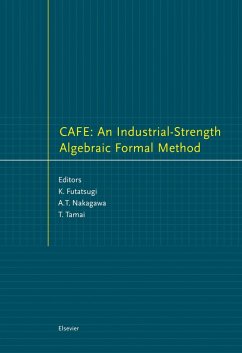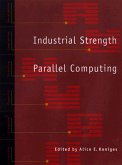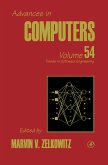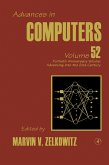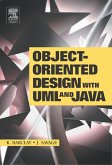The papers in the book however, are either heavily revised versions presented at the workshop, to reflect recent advancements or research; or completely new ones, written especially for this book. In this regard, the book is not a usual postpublication after a workshop. Also, although it is a compendium of papers that are related to CafeOBJ, the book is not a manual, reference, or tutorial of CafeOBJ. Probably the best description is that it is a collection of papers that investigate how to use, or to make it easy to use, CafeOBJ. Reflecting the diverse nature of the project and its participants (most of the authors are participants to the project), the papers, put together, offer a comprehensive picture from this methodological perspective.
Some papers deal with various advanced aspects of the language, such as rewriting logic and behavioural logic. For rewriting logic, a couple of significant applications were reported. In particular, UML, now considered de facto standard language for modelling systems, is the subject of one paper. For behavioural logic, new methodological guidelines are presented. Some papers shed new light on a more traditional paradigm in the language; order-sorted equational specifications. One paper, in particular, deal with a way to associate CafeOBJ with object-oriented programming. The other papers deal with environments for writing and vertifying specifications written in CafeOBJ. Underlying those papers are two major considerations: user interfaces for manipulating specifications, and systematic supports for proofs. All the environments explained in the papers assume and support distributed computing, and de facto standard network technologies, such as WWW and http, are incorporated.
Dieser Download kann aus rechtlichen Gründen nur mit Rechnungsadresse in A, B, BG, CY, CZ, D, DK, EW, E, FIN, F, GR, HR, H, IRL, I, LT, L, LR, M, NL, PL, P, R, S, SLO, SK ausgeliefert werden.

